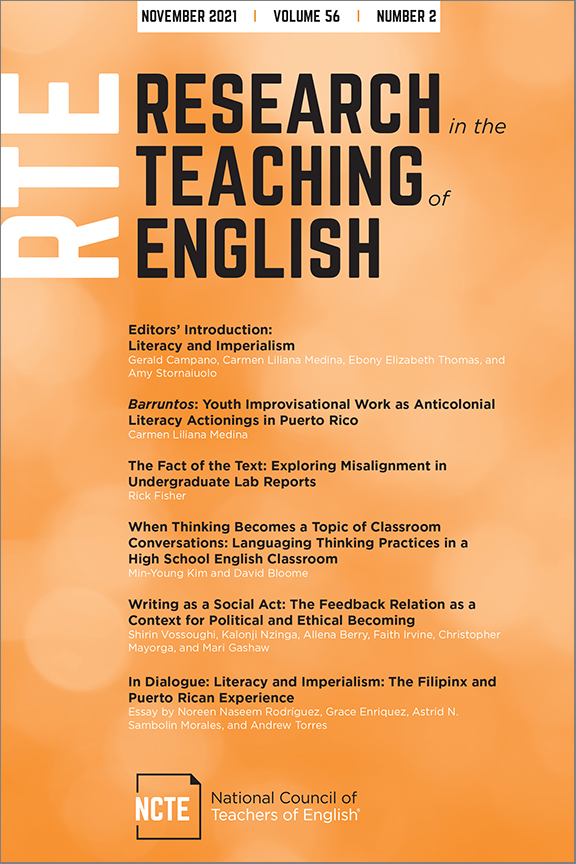
Full text loading...

The Fact of the Text: Exploring Misalignment in Undergraduate Lab Reports, Page 1 of 1
< Previous page | Next page > /docserver/preview/fulltext/rte/56/2/researchintheteachingofenglish31475-1.gif
There is no abstract available.

Article metrics loading...

Full text loading...
References


Data & Media loading...

